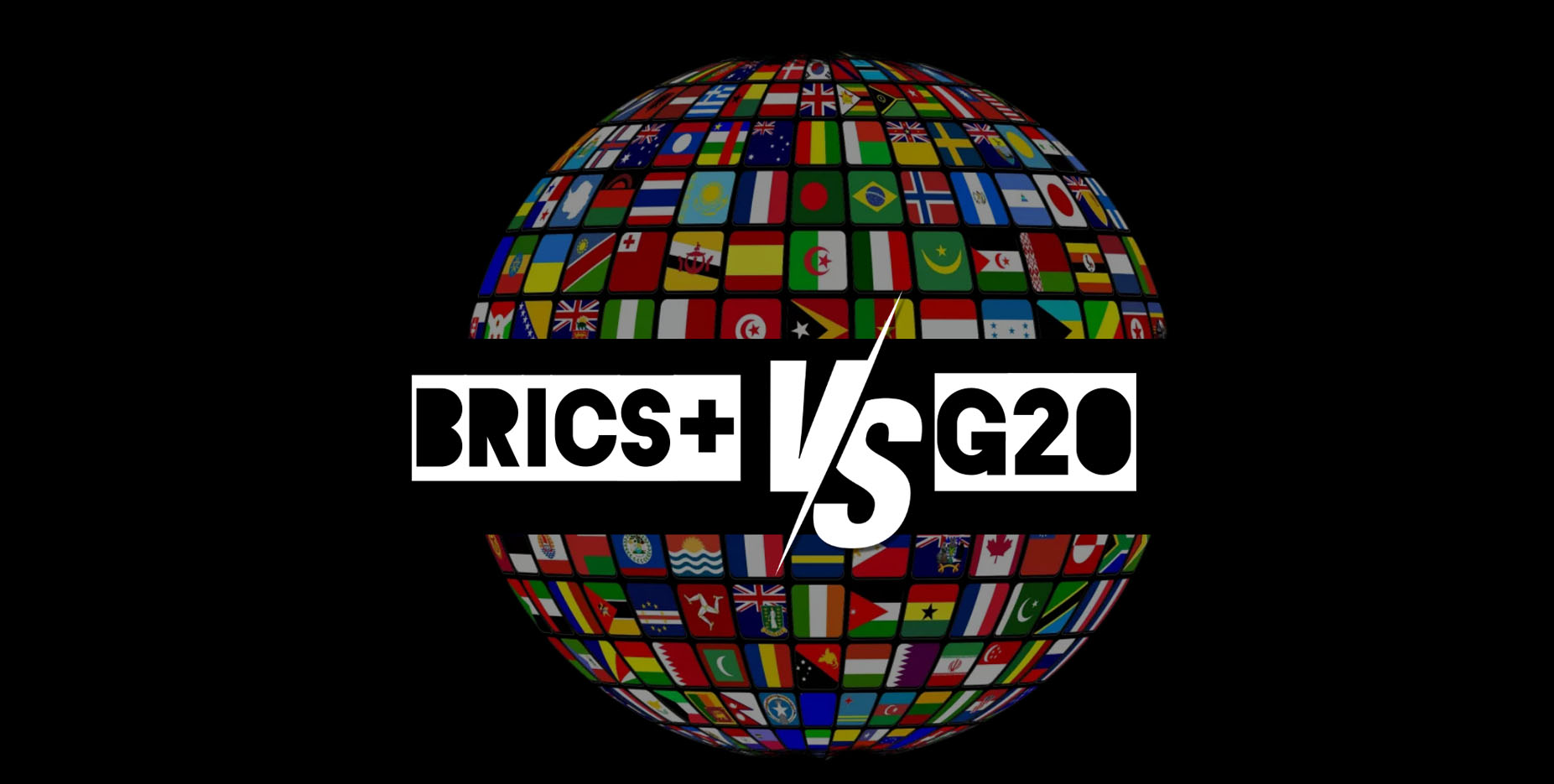
Two major summits were held just a few weeks apart, one in South Africa and another in India. Even though they had cross-over countries, their aims were far apart. The BRICS (Brazil, Russia, India, China, and South Africa) summit was held in August in Johannesburg, while the G20 summit took place in September in New Delhi.
Until this latest summit, BRICS was not taken seriously, and the West did not feel threatened by its existence.
However, as the summit progressed and new members were invited to join, alarm bells sounded in Western capitals. South Africa invited Iran, Saudi Arabia, the UAE, Egypt, Ethiopia, and Argentina as new members, making the largest producers and consumers of oil sit around one table.
The previous BRICS had a combined GDP of $27.6 trillion in 2023, representing almost 26.3% of global GDP, while BRICS+ will now make up 30% of the global economy, estimated at $31 trillion. Twenty more countries have applied to join BRICS, showing its importance in the global south.
As argued in our report, BRICS (p. 1) has emerged as one of the greatest challenges to Western hegemony over the global political and economic system and its institutions. The new members have caused a stir and could shake the existing balance of power.
BRICS has now become an influential political and economic block and is playing and will increasingly play an influential role in shaping the future of the world. It is becoming an alternative to Western hegemony.
To counter the challenges posed by BRICS, especially China, the G20 unveiled a copycat project of China’s Belt and Road Initiative (BRI), the India-Middle East-Europe Economic Corridor (IMEC). Indian Prime Minister Narendra Modi and European Commission President Ursula von der Leyen announced the project.
The planned corridor would link India, Saudi Arabia, the United Arab Emirates, Jordan, Israel, and the EU through shipping ports and rail routes. US President Joe Biden endorsed the corridor, describing it as a “really big deal”. Interestingly, the UK was not invited to join the project, a snub that the country’s Shadow Foreign Secretary, David Lammy, called “extraordinary.” Prime
Minister Rishi Sunak responded that this was also not signed by Canada, Japan, or Italy. However, extraordinarily scant information is available on the IMEC, including whether it will be sustainable, and the cost is prohibitive.
India, which hosted the G20, did not invite Ukraine’s President, Volodymyr Zelenskiy, to address the gathering, as this would have divided the summit.
To ensure the consensus of the members at the summit, the G20 diluted the final communiqué by not condemning Russia for its invasion of Ukraine, pleasing Moscow and upsetting its Western foes. Russia’s Foreign Minister Sergey Lavrov celebrated the summit’s success in foiling “the West’s attempts to ‘Ukrainize’” its agenda.
“The text doesn’t mention Russia at all,” he added. The declaration angered Kyiv, with Ukraine’s Foreign Ministry saying it was “nothing to be proud of.” However, despite Western countries disagreeing with the declaration not condemning Russia’s invasion of Ukraine, they lauded the communique, fearing the G20 would be lost to BRICS.
The West tried to draw a veil over their failure to get what they wanted. German Chancellor Olaf Scholz claimed that the declaration demonstrated a “clear position on Russia’s invasion of the Ukraine,” while Sunak said it had “very strong language about Russia’s illegal war in Ukraine” and called the document a “good and strong outcome.”
The launch of the IMEC economic corridor was another geopolitical rival to China, intended to compete against and counterbalance the Chinese trillion-dollar Belt and Road Initiative (BRI) corridor, which has been a successful geopolitical card.
As Rajesh Rajagopalan, Professor of International Politics at Jawaharlal Nehru University, told The Guardian, “The BRI was China’s geopolitical calling card.” He said the scope of the India, Middle East, and Europe corridor could “reshape the discourse around development and infrastructure assistance, taking the fight to Beijing on the international stage”.
In an illustration of the geopolitical divide, Chinese President Xi Jinping played a prominent role at the BRICS summit but did not attend the G20 meeting.
The geopolitical importance of the BRICS summit was reflected in the G20 meeting. The West felt the threat of a successful event and reluctantly accepted the diluted G20 communiqué and supported the IMEC economic corridor to compete against China, which played a prominent role in BRICS body.
BRICS group seems to be emerging as a major geopolitical rival to the G20. The West felt that the G20 was in danger of losing relevance. China is becoming influential in the Global South despite India trying to establish itself as its leader with Western support.
Will the G20 become irrelevant, and will BRICS take the lead? Only time will tell.
READ MORE